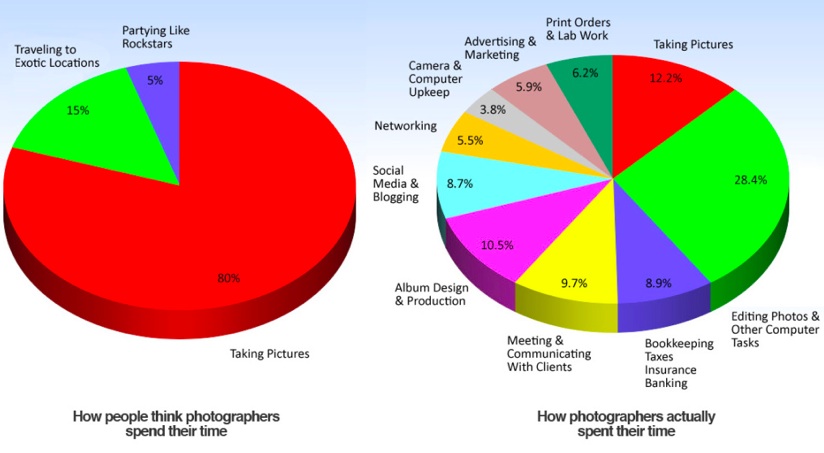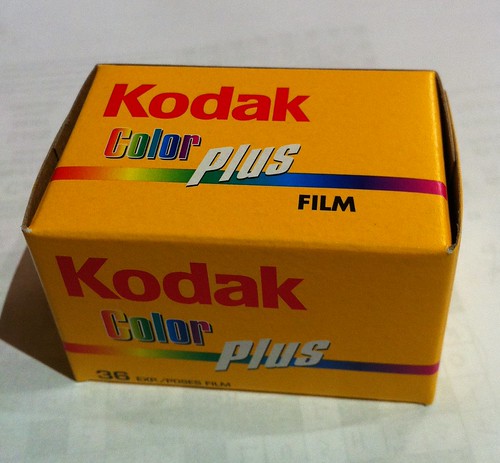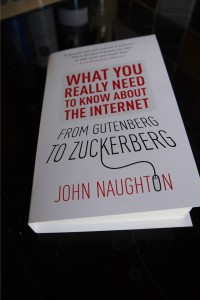Here’s a resolution for 2012 that’s worth making: write some real letters — you know, the ones written with pens on paper. Suki Bishop thinks they should be love letters, and picks out three stirring examples.
A great love letter isn’t perfect. It’s messy. It’s often bumbling and feverish and grammatically inept. But it’s everything the emoticon is not—specific, personal, unique.
Since, like the rest of us, you’re probably out of practice in this kind of thing, here are three tips from great writers—and lovers—of the past to help you write a love letter that transcends cliché.
1. Get personal. What does it mean to see your beloved? It means paying attention to the things that are unique to him or her. Make your beloved feel seen by describing specific habits, moments, objects, and/or physical attributes that only a lover would see, as Katherine Mansfield described to John Middleton Murry in 1917:
“When you came to tea this afternoon you took a brioche broke it in half & padded the inside doughy bit with two fingers. You always do that with a bun or a roll or a piece of bread—It is your way—your head a little on one side the while… [E]very inch of you is so precious to me. Your soft shoulders—your creamy warm skin, your ears, cold like shells are cold—your long legs and your feet that I love to clasp with my feet—[..] just below that bone that sticks out at the back of your neck you have a little mole [. . .] I could not bear that it should be touched even by a cold wind if I were the Lord.”
2. Command your beloved. While we might hate people telling us what to do, a command from a lover can convey a sense of confidence and urgency, as Virginia Woolf’s command to Vita Sackville-West in 1927:
“Look here Vita—throw over your man, and we’ll go to Hampton Court and dine on the river together and walk in the garden in the moonlight and come home late and have a bottle of wine and get tipsy, and I’ll tell you all the things I have in my head, millions, myriads—They won’t stir by day, only by dark on the river. Think of that. Throw over your man, I say, and come.”
3. Be playful…like Mozart, when he wrote to Constanze Mozart in 1789. Mozart wasn’t afraid to appear foolish. His sense of abandon conveys a love that is stronger than ego or pride.
“Dearest little wife, if only I had a letter from you! If I were to tell you all the things I do with your dear portrait, I think you would often laugh. For instance, when I take it out of its case, I say, ‘Good day, Stanzerl!—Good-day, little rascal, […], little turned-up nose, little bagatelle, Schluck and Druck,’ and when I put it away again, I let it slip in very slowly [… ] then just at the last, quickly, ‘Good night, little mouse, sleep well.’”
These great writers teach us not only about expressing love but also about patience, longing, and restraint.





